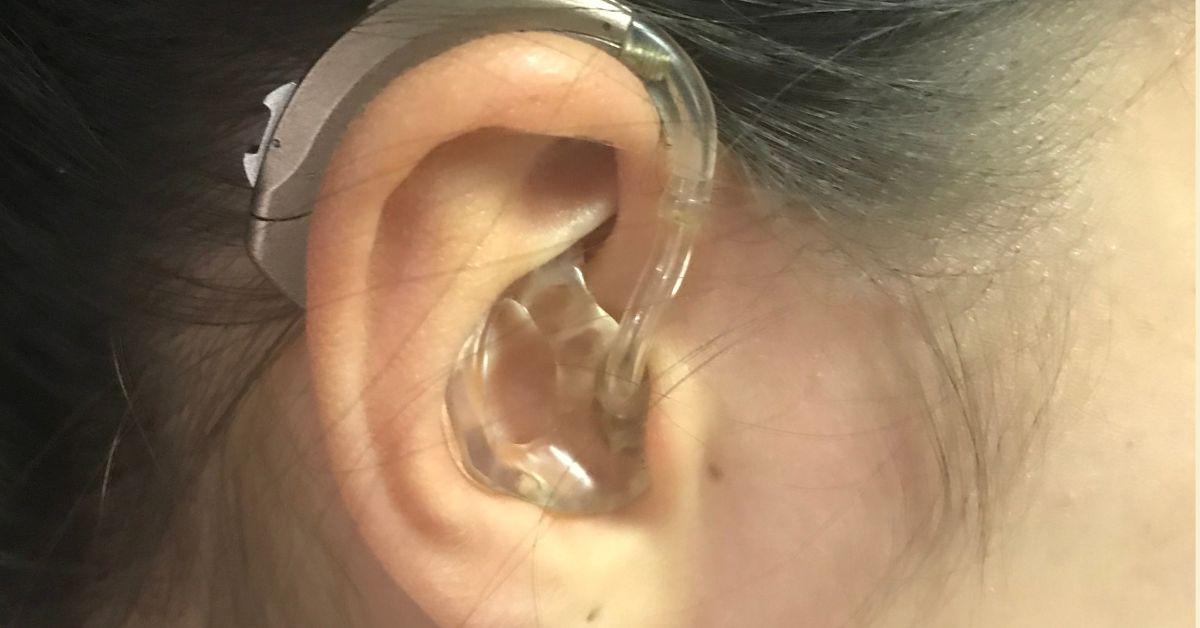Written by Charlotte Young.
Diagnoses of invisible disabilities (for example, MS, ADHD, arthritis, brain injuries, diabetes, learning disabilities, chronic pain and fatigue etc.) are undeniably tricky to navigate, and can be especially difficult for parents with young children with little to no experience of the disability sector. It is not rare that that doctors misdiagnose and misdirect new parents unwittingly, making the process even harder.
In my case, it took 4 years before a correct diagnosis of hearing loss was given, even though my Mum suspected it very quickly after I was born. This long process of diagnosis is a familiar tale for parents of children with mild-moderate hearing loss.
Whilst my eventual diagnosis brought relief and support, I do still feel that there is so much left out of a medical diagnosis. In my case, there are many impacts that my parents and I weren’t warned about that frequently occur in kids that have hearing loss.
For example, I experience tinnitus and general fatigue on top of my hearing loss. Young people with hearing loss have to work 5-10x harder to focus and pay attention to what everyone is saying compared to a person without a hearing loss. It makes us (understandably) more tired than the average person. As a result, I sought out extra support to navigate the psychological and complex social effects of a hearing loss in the already complex world of primary and high school!
I only found out that I was eligible for the NDIS after 15 years of being officially diagnosed, and only because I had a chance conversation with another person with disability.
I feel like it isn’t that hard to communicate. We have so many side effects listed on pamphlets in our everyday medications, so why aren’t we told about these things?
I feel that it should be common practice for young people with disability be taught how to advocate for their access needs and fair treatment, both within the classroom and in the wider world.
Having a diagnosis doesn’t instantly make everyone aware of your needs, and it’s a constant ebb of needing to communicate your needs to others. This is something so key, but also so utterly left out of the diagnostic and medical support processes.
I am incredibly grateful now that we have resources such as the internet to discuss and research such specialised areas of medicine at the tips of our fingers, which aids the initial challenges of diagnosis that my mum faced. It was certainly not easy 20 years ago, and I am so thankful to my parents for being advocates for me, even when they didn’t know what they were dealing with. But we still can still do so much more to help other young people today and in the future who face new diagnoses.


